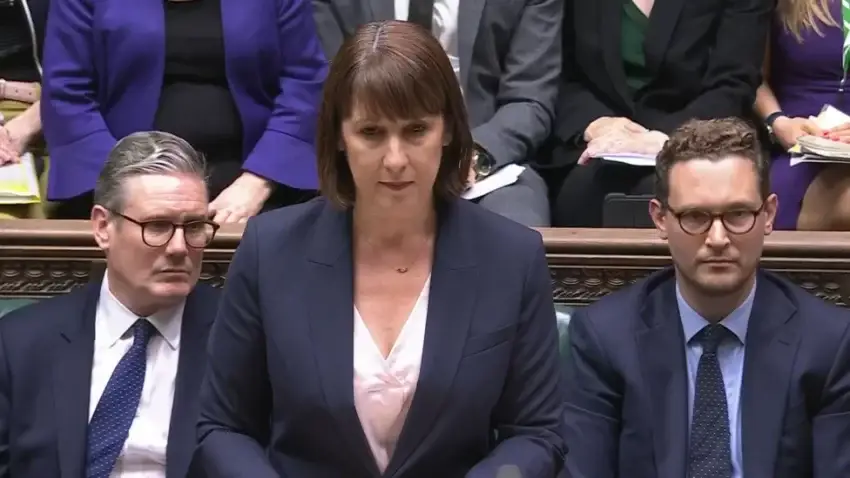The Office for Budget Responsibility (OBR) has issued a stark warning regarding the UK’s future public finances. The independent watchdog’s latest report projects that public debt could swell to 300% of GDP within the next 50 years, driven by a combination of ongoing policy decisions and emerging fiscal pressures.
The OBR’s projections reveal a troubling trend for the UK’s fiscal future. Public spending is anticipated to rise from 45% to over 60% of GDP by 2073, while government revenues are expected to linger around 40%. Under the baseline scenario, public debt is forecasted to hit 274% of GDP by the late 2030s, a level not seen outside of wartime, with peaks reaching 300% in the event of additional geopolitical disturbances.
This critical analysis comes as the government prepares for its upcoming budget, emphasising the necessity for tough tax and spending decisions. The report highlights significant long-term challenges, particularly as the UK adheres to its 2050 net-zero emissions target and deals with an ageing population. David Miles, a member of the OBR’s budget responsibility committee, stressed the urgency, stating, “You can’t just expect the rest of the world to keep buying up UK debt that rises at an ever-accelerating rate.” Miles’ remarks underscore the pressing need for a substantial policy overhaul.
The transition to a green economy is expected to have profound fiscal implications. With the rise of electric vehicles, fuel duty revenues—a notable source of government income—are predicted to decline. The OBR estimates that fuel taxes currently contributing about 1% of GDP will plummet to just 0.1%, potentially adding 20 percentage points to the national debt. However, the introduction of new motoring levies could mitigate this impact by up to 12 percentage points.
Furthermore, productivity growth is crucial in managing these fiscal pressures. The OBR suggests that even minor improvements in productivity could substantially reduce the projected debt increase. Specifically, a 0.1% rise in productivity could lower the debt-to-GDP ratio by 25 percentage points over the next few decades. Nevertheless, the UK’s productivity growth has been disappointingly sluggish, averaging just 0.5% annually over the past 15 years, compared to pre-2008 rates of over 2%.
In response to these challenges, the OBR warns that future governments must implement decisive measures, including tax increases, spending reductions, and policies aimed at stimulating productivity growth. The report also addresses migration, noting its potential as a short-term fiscal solution. Higher-than-expected net migration could boost the UK’s population from 68 million to 82 million by 2074. However, as the migrant population ages, the initial fiscal benefits are expected to wane, presenting further difficulties for the UK’s long-term fiscal outlook.
As the government prepares its first budget, the OBR’s findings highlight the difficult balancing act required to maintain sustainable public finances while supporting economic growth and addressing the needs of an ageing society. The implications of the OBR’s report are clear: substantial and immediate policy interventions are necessary to avert a potentially destabilising fiscal trajectory.
The OBR’s projections serve as a crucial wake-up call for the UK’s fiscal policy. With public debt potentially tripling to 300% of GDP within 50 years, significant policy changes are essential. Addressing fiscal pressures through improved productivity, new revenue streams, and decisive action will be imperative to ensure economic stability.


